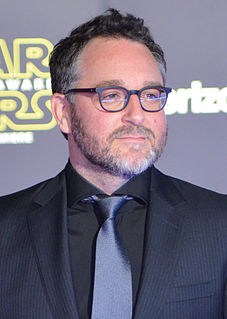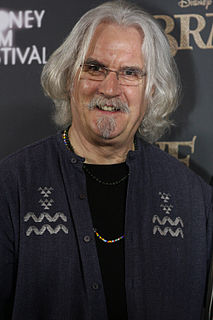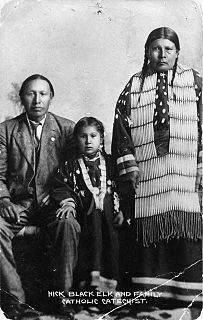A Quote by John Dufresne
The landscape of childhood shapes us as it shapes the characters in our stories. You never forget the sacred places of your childhood.
Quote Topics
Related Quotes
We've all been disappointed by new installments of the stories we love. But with all this talk of filmmakers 'ruining our childhood,' we forget that right now is someone else's childhood. This is their time. And I have to build something that can take them to the same place those earlier films took us.
I think it shapes it in very deep ways that you don't entirely understand. Rainer Maria Rilke said there are two inexhaustible sources for poetry. One is dreams, and the other is childhood. I think childhood is an inexhaustible source of your becoming who you will be and certain deep feelings are set inside of you.
Since the purpose of reading, of education, is to become good, our most important task is to choose the right books. Our personal set of stories, our canon, shapes our lives. I believe it is a law of the universe that we will not rise above our canon. Our canon is part of us, deeply, subconsciously. And the characters and teachings in our canon shape our characters--good, evil, mediocre, or great.
Language both reflects and shapes society. Culture shapes language and then language shapes culture. Little wonder that the words we use to talk to each other, and about each other, are the most important words in our language: they tell us who I am, they tell us who you are, they tell us who 'they' are.



































